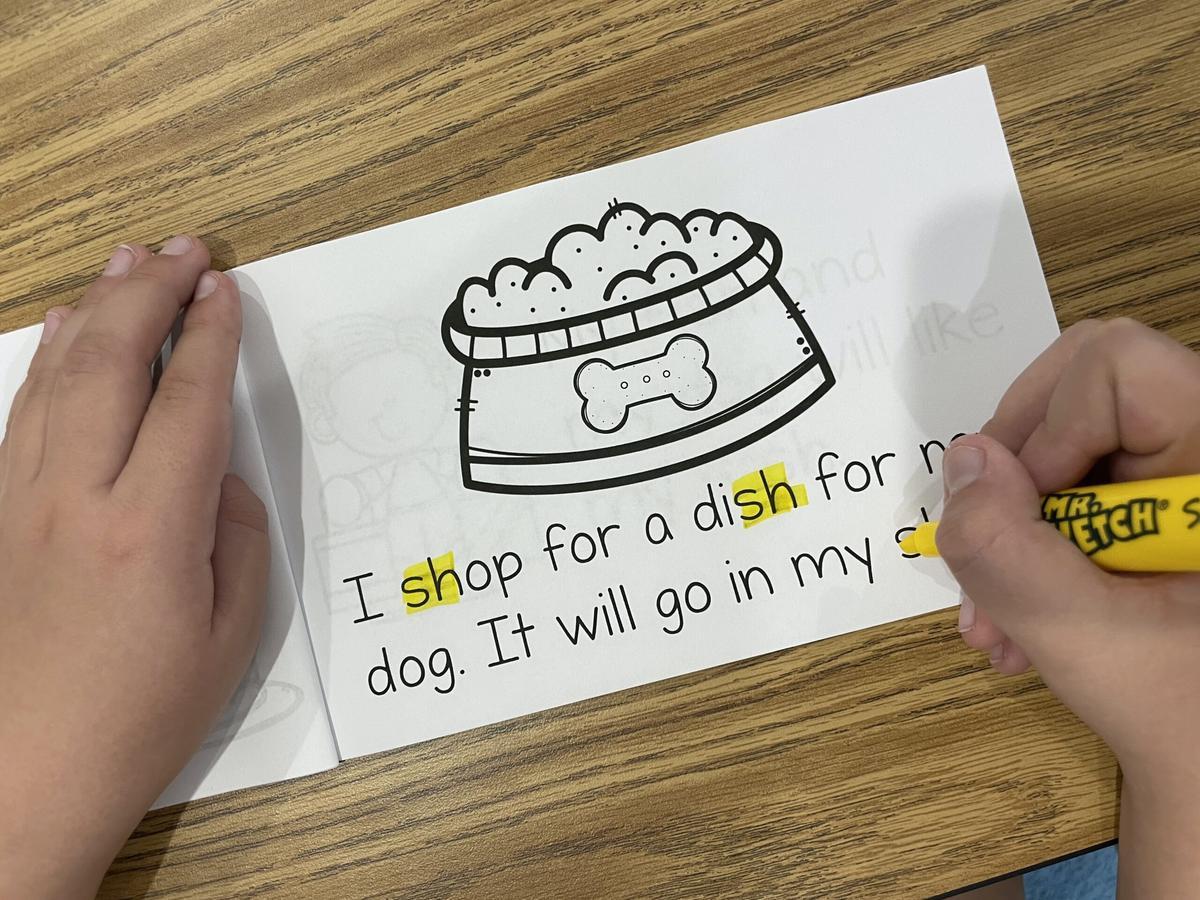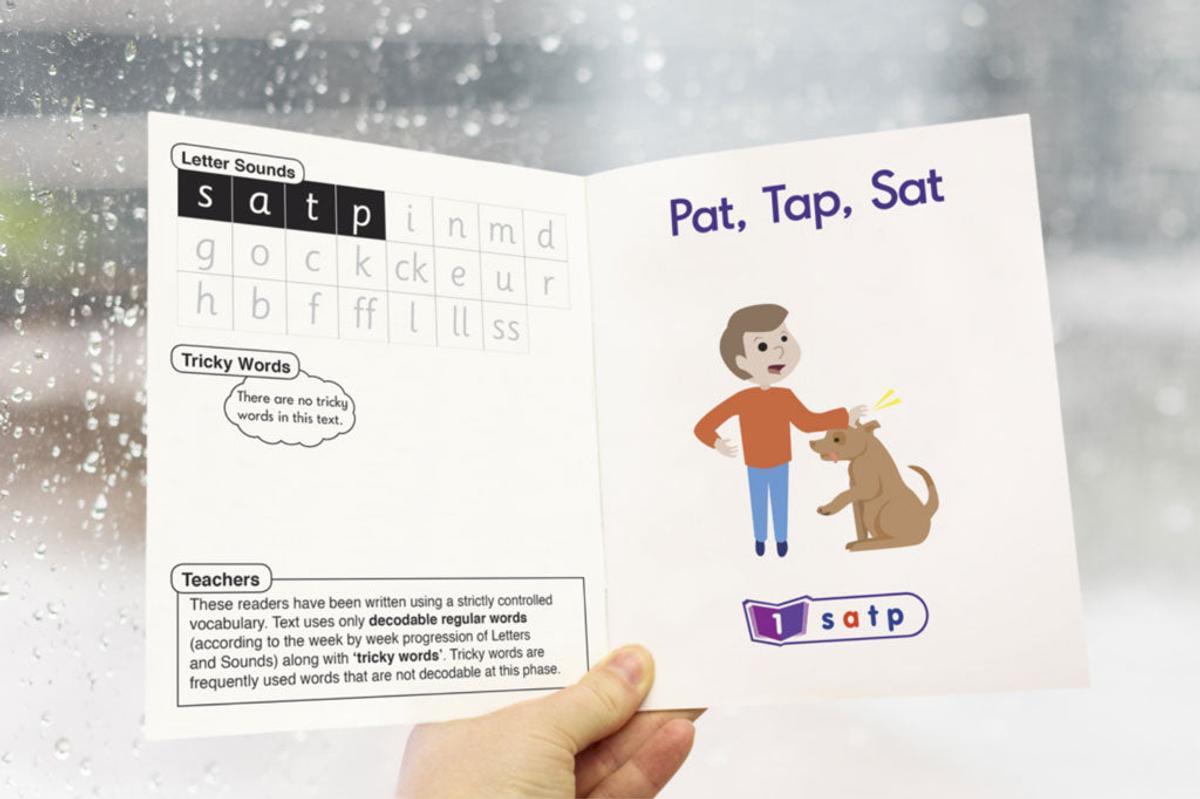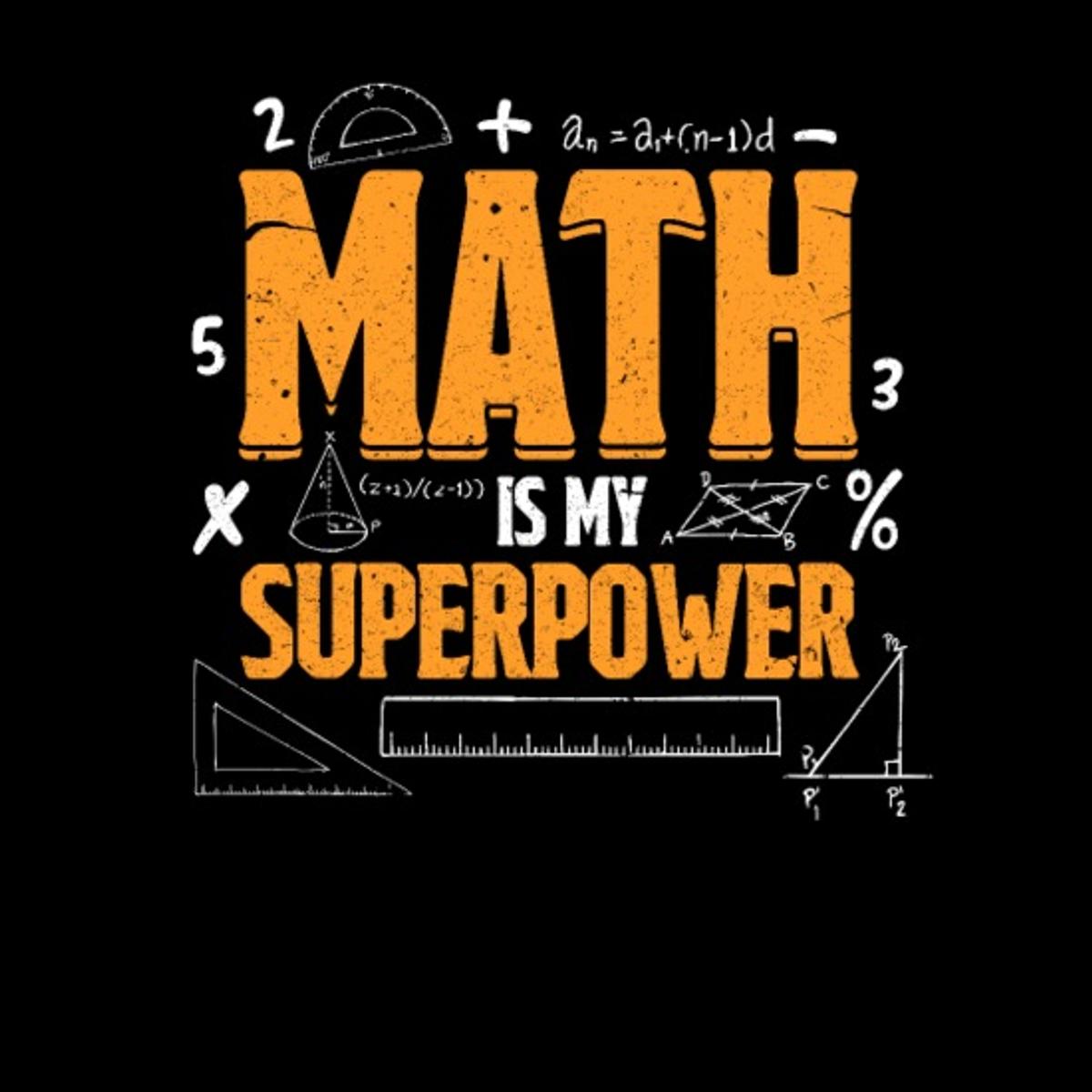Curriculum News

Reading
What is all the hype about decodable texts - should my Kindergarten child be reading
them? Yes!
What are decodable texts?
A decodable text is specifically written for beginning readers as they are developing their blending and segmenting skills and their knowledge of the alphabetic code. The primary purpose of decodable texts is to provide students with the opportunity to practise what has been taught during explicit, systematic phonics instruction. Decodable texts support students as they practise blending the letter-sounds they have been taught through words, in continuous meaningful text. Decodable texts increase in complexity as the student learns more of the phonemic code.
They give opportunities to practise independently what the teacher has explicitly taught and can be used to improve reading accuracy and fluency.
As per the K-2 English syllabus, decodable texts are used for beginning readers in Early Stage 1, and as needed for students in Stage 1 and beyond. Decodable texts not only teach phonics, they enable your child to blend and segment their words through continuous text, enable them to learn about punctuation and concepts about print.
(NSW Department of Education and Sydney Catholic Schools)
Maths - Daily Review- Exciting News!
Every Maths lesson in all classes at St Anthony's, are doing Daily Review at the beginning of their Maths lesson. Daily Review helps facilitate the transfer of knowledge to the long term memory. There are 3 main components of Daily Review which are supported by research:
- Retrieval Practice
- the process of recalling previously learnt material from our long-term memory
- this is based on the idea that the act of retrieving information from memory strengthens memory
- Space Practice
- studying a topic at regular spaced intervals provides greater retention, rather than being reviewed all at once
- new and tricky material needs shorter gaps between sessions and well-known material should be revised with increasingly longer spacing
- interleaved Practice
- a learning technique that involves mixing different topics or skills within the same review session
- forces the berain to constantly switch between tasks, leading to better retention and transfer of knowledge
(Taken from SCS Staff Training Day)
Working together for our students,
Leanna Langlands
Instructional Specialist



